For me the, answer to her question is that I write fiction, not biography.
The stories of mine that I like the most are truthful, but they are not true.
I think the art of fiction is to lead the imagination to discover truth through dissemblance. It is the epistemological equivalent of perspective in two dimensional art: a means of directing attention and providing context without dictating semantic value.
In erotic fiction, sex is a lightning rod for the soul. What pleases, what disgusts, what tempts, what comforts, what excites and what frightens people about sex is like the DNA of their psyche; either who they are defines it or it defines who they are depending on which side of the nature nurture debate your comfort zone lies. That art of erotic fiction is to use those lightning strikes to illuminate the readers understanding.
This is not about testimony, or witness or life-style documentary: it is about sparks of imagination that leap the gap between what you have experienced and what your heart knows to be true.
I’ve written stories from the point of view of straight and gay men and women, young and old from many nationalities. Sometimes my characters are nice people you’d invite into your home and sometimes they’re scary people you wouldn’t want to be alone with. I’ve written about sexual experiences I’ve never had and I’ve written about sexual experiences I’m very familiar with. I’d like to think that my reader’s wouldn’t know which is which.
What enables and compels me to do this are the voices in my head. I shut down my finely trained analytical mind and let my imagination delve into my curiosity, my insight, and my intuition to summon up a voice. Then I listen hard and write what the voice tells me.
In other words, I go looking for those lightning bolts of lust that belong to others and not to me. I fly kites in the thunderstorms of other people’s sex lives to capture the spark and pass it on to others.
When this works well, it seems involuntary. The stories produced in this way remind me of those glass artifacts that are formed by lightning rods stuck into sand in the path of a storm. The rod channels the energy but the storm creates the glass.
Because I hunger to capture the unknown.
Because the voices in my head thrive on my ignorance.
Because that’s what writing fiction is really about: to enable the reader to know a world from your words and sense the truth in the consensual delusion.



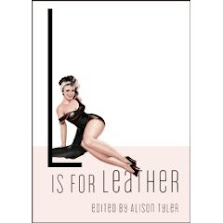
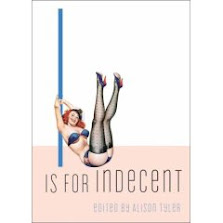


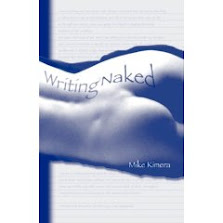
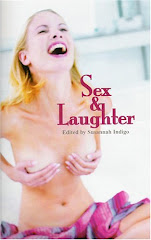


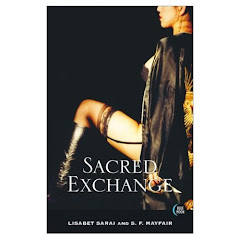
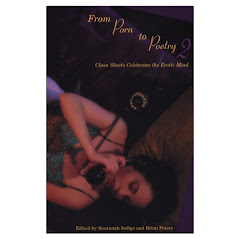
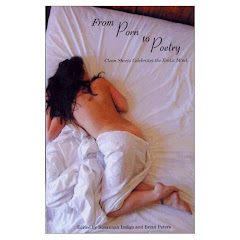



1 comment:
Thank you, Mike. It bugs me when people assume that all my erotic fiction is thinly-veiled autobiography. After all, you don't have to be a murderer to write a crime story.
Nevertheless, I reckon I've succeeded as a fiction writer when a story rings so true that readers think, This must have really happened.
DTG xxoo
Post a Comment